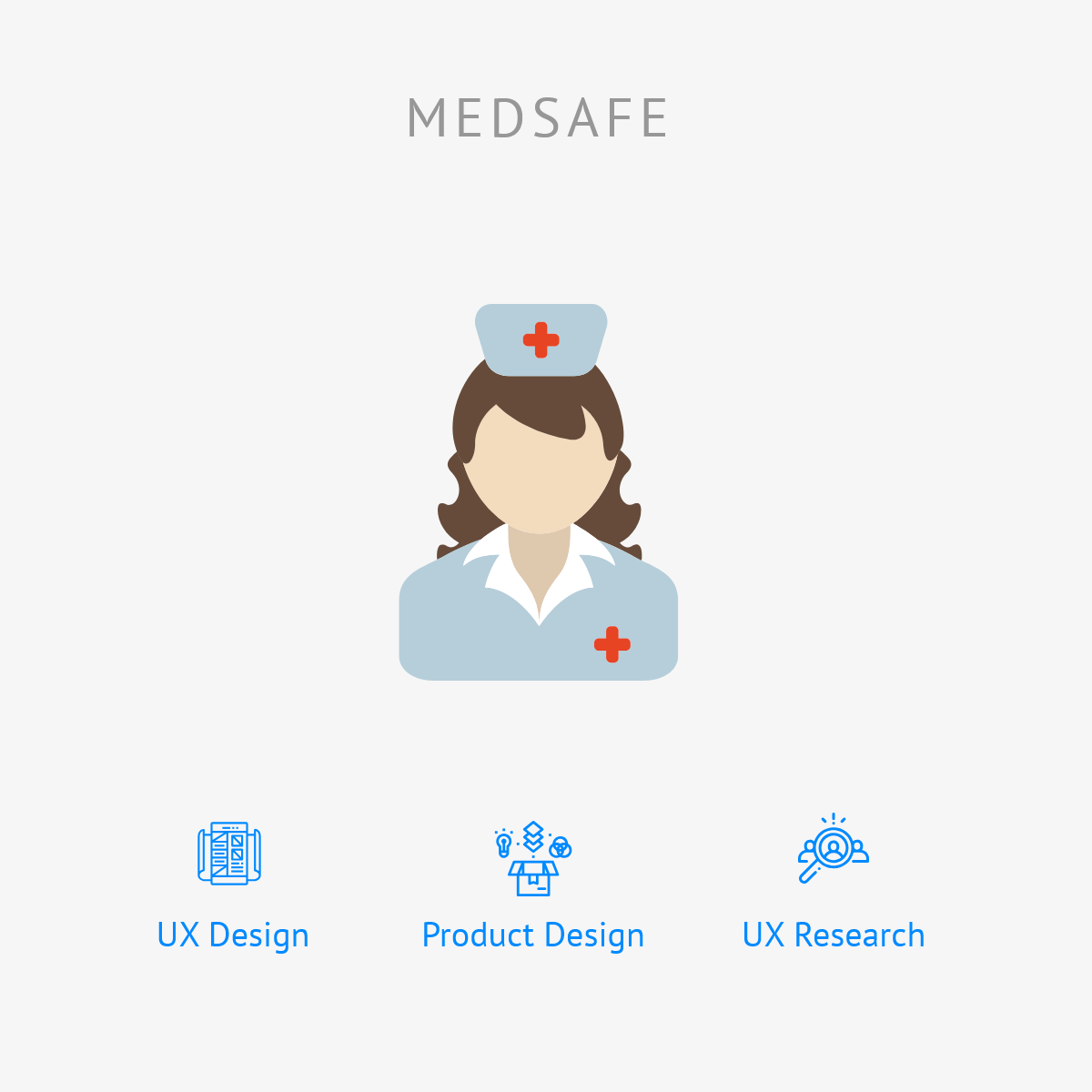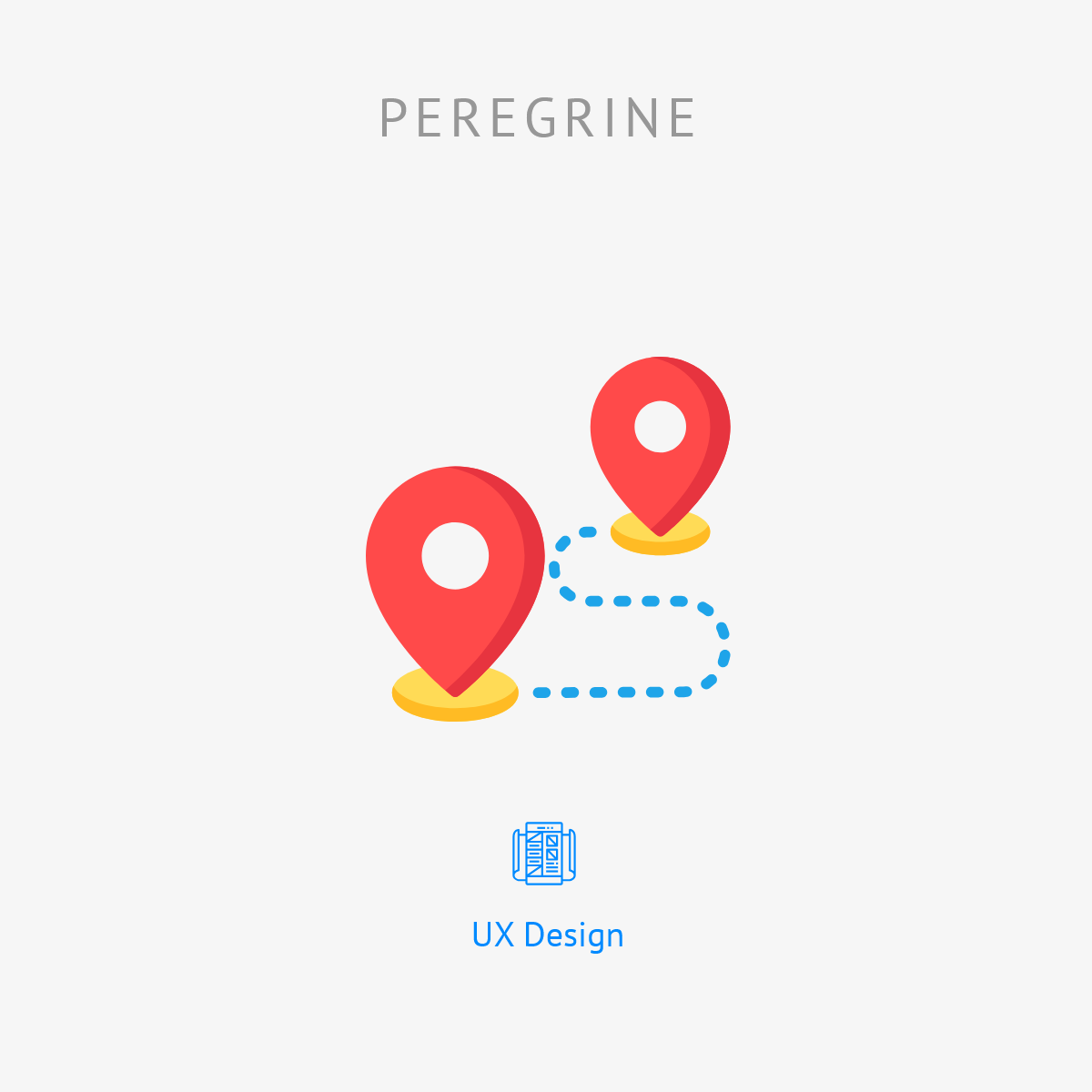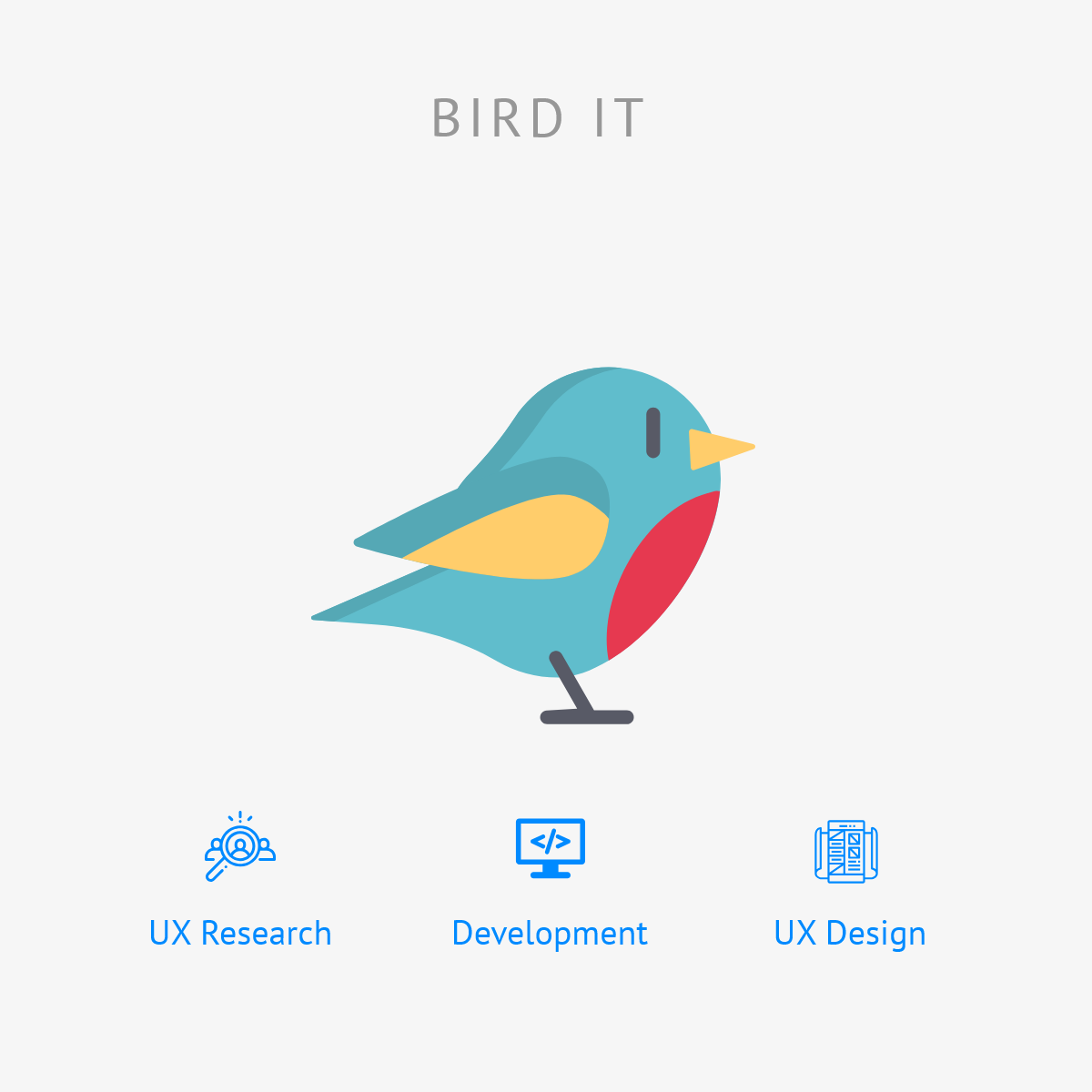Our aim was to support independent living. Based on secondary research I found that degrading memory was one of the major challenges faced by the elderly trying to live independently. I decided to focus on creating a system to assist with memory and cognition.
Georgia Tech's Aware Home lab helped recruiting elderly people for interviews. A visit to Mrs. Taylor's(name changed) home then helped take the ideas ahead. I learnt about how Mrs.Taylor managed her day-to-day activities alone.
The biggest insights from the conversation were:
1) She was extremely well planned and kept lists of all possible tasks
2) Her diary had notes of every possible to-do, including checklists of things to do when she left the house.
3) She used an iPhone but did not feel comfortable with learning all features. She was also afraid of losing critical data if she lost her phone and preferred to keep her reminders separate from the phone.
4) She hated "feeling old" or being perceived as old. Using memory aids or any kind of assistive device would make her feel that way.
Mrs. Taylor was most interested in Concept 3: the checklist. Spending some time co-designing with her gave the following new directions and constraints :
1) If the device was wall-mounted, it should look like a pretty artefact or decoration rather than an assistive device.
2) The ideas of contextual notifications from the other concepts was appreciated and it could be applied to the Checklist concept.




